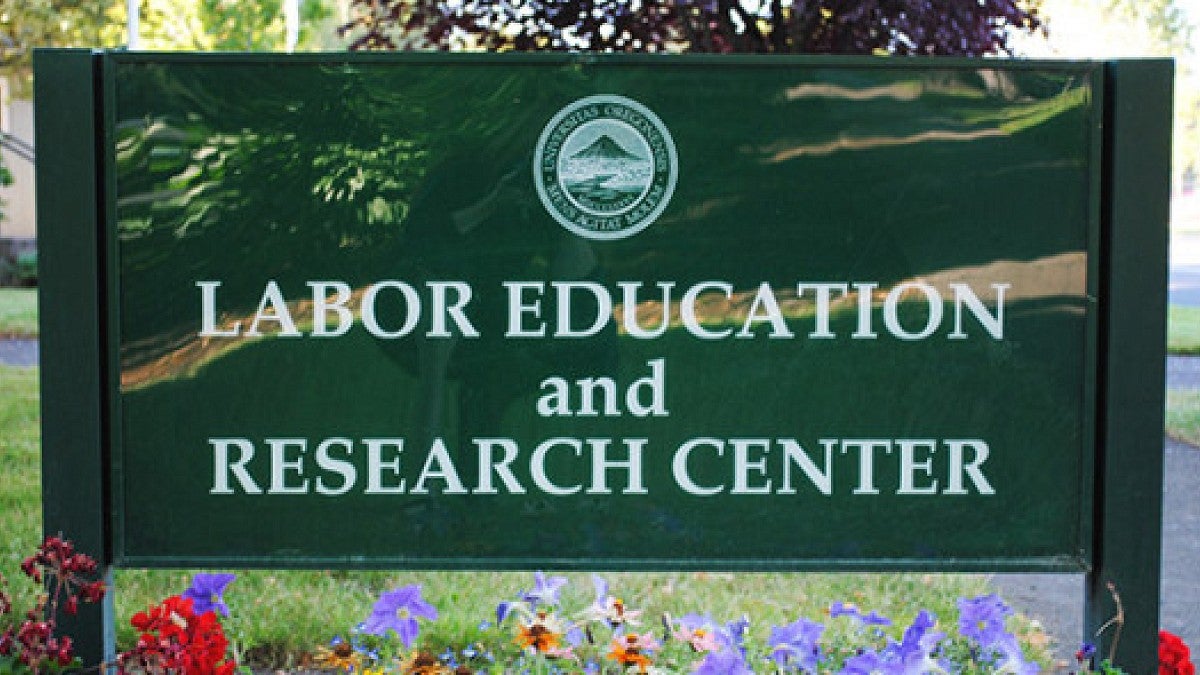Right-to-work laws have gotten a lot of attention lately — more than half of all states have adopted them. But what do they actually mean?
To many people, they mean that workers are not required to pay union fees to be represented by a union. But UO economist Gordon Lafer goes more into detail about it on a podcast recently broadcast on a National Public Radio affiliate with Jeremy Hobson.
“It’s a misleading name. It has nothing to do with being guaranteed a job, and it also has nothing to do with anybody being forced to be a union member,” Lafer said. “What you’re told is that you’ll get all of the benefits of being in a union for free, but to pay dues is optional. The goal of these laws is to make unions financially unviable.”
To listen to the podcast, see “What Right-To-Work Laws Mean” on WBUR, Boston’s NPR news station.
Lafer has been teaching at UO’s Labor Education and Research Institute since 1997, concentrating on strategic planning, strategic research and labor and employment policy issues. In 2009 and 2010, he served as senior labor policy advisor for the U.S. House of Representatives’ Committee on Education and Labor.


